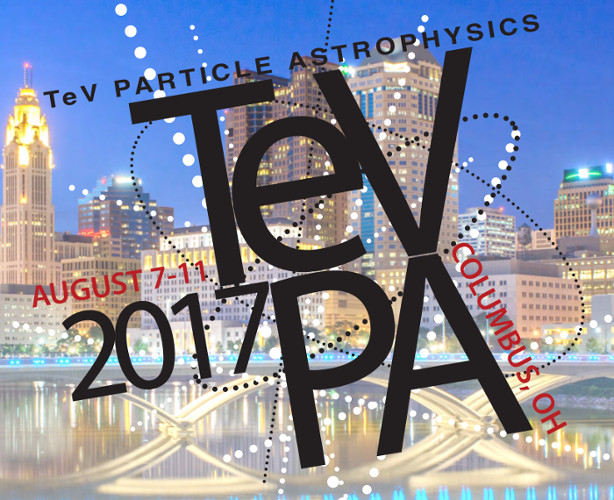Speaker
Description
While constraints on primordial black holes as dark matter are strong over a wide mass range, a narrow window in the stellar-mass range remains relatively unconstrained. The recent discoveries of gravitational waves from merging black holes in roughly the 10-30 solar mass range has re-ignited the discussion of whether primordial black holes in this mass range could be a candidate for dark matter. If such sources exist in our Galaxy, they should produce observational signatures in the form of broadband radiation due to the accretion of gas onto the black holes. I will discuss a novel approach to constraining primordial black holes as dark matter using X-ray and radio observations of the Milky Way bulge, where both the density of gas and dark matter is highest, by including a realistic treatment of accretion processes based on observational evidence of inefficient accretion in our Galaxy today. The resulting constraints essentially rule out primordial black holes as a dark matter candidate in this unconstrained stellar-mass regime, and are complementary to searches in the early universe and other constraints from the dynamics of local systems. I will also comment on the potential of future surveys with SKA to further constrain this dark matter candidate.
